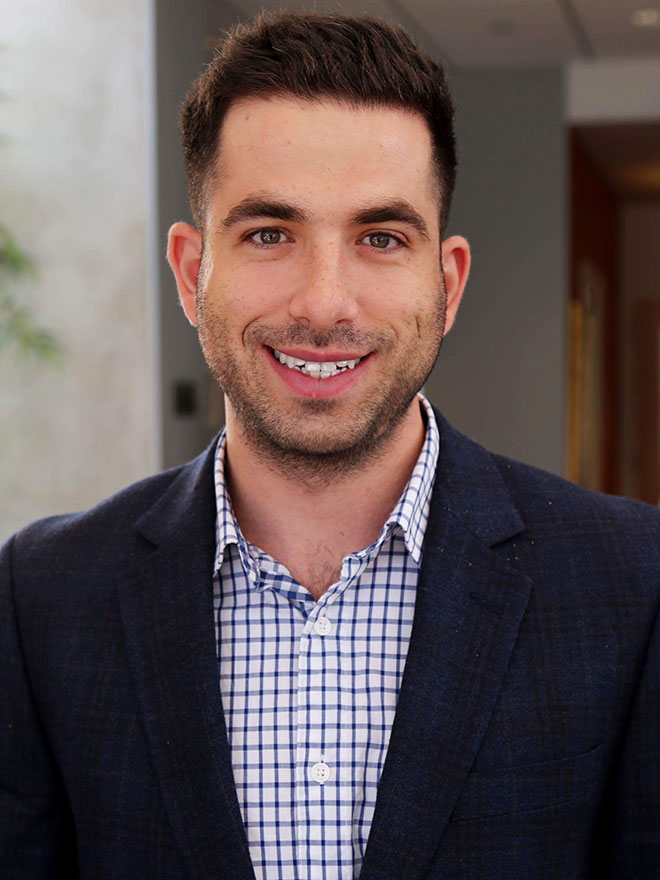
Though the country has begun to reopen, everyday life won’t go back to normal until scientists and medical professionals develop effective treatments and vaccines for COVID-19. One of those working on clinical research trials is Lewis Novack, MS GHPM’18, a clinical specialist working in the Division of Infectious Diseases at Brigham and Women’s Hospital. While completing his master’s degree in Global Health Policy and Management at the Heller School, he received the Nehemias Gorin Endowed Fellowship, was a research assistant at the Schneider Institutes for Health Policy, consultant with Professor Donald Shepard and volunteered with the Brandeis Jewish community. He shares his experiences combating the novel coronavirus and exhorts the Brandeis community to do their part to help:
“I currently work with one COVID-19 vaccine research study managing the different aspects of the study including protocol development, recruitment, data management, quality assurance and quality management activities. From a research perspective, it is as if the virus came ‘overnight’ without any opportunity for advanced preparation. As such, we had to mobilize quickly within a constantly changing environment. It was like trying to build a plane while flying it.
As researchers we are all looking for reliable information. This is especially true now since our scientific understanding of the virus, including diagnosis, prevalence, treatment, complications and vulnerable populations, is evolving. Accordingly, we had to quickly turn to the medical literature for information and guidance.
Unfortunately, we not only have to combat the disease but all the misinformation that finds itself in the public domain. Hardly a day goes by without a report of a flawed study that finds its way into social media and becomes widely broadcasted as a miracle cure or prevention. This misinformation not only causes unnecessary distractions from the real agenda but sometimes contain information that is potentially quite harmful. As an aside, I am happy to note that the Brandeis community, has acted very responsibly in disseminating COVID information.
As we all begin to adjust to this new COVID-19 reality, the question is: what can the Brandeis community of students, alumni and friends do to help? I believe that we have the ability, and indeed the duty, to contribute in a way that helps to help prevent the spread of the disease and to mitigate its harmful effects. Each response will be highly contextualized and reflect our individual and unique abilities and circumstances. For me, it is as a clinical researcher, and for you, it will be something different. For some, it will be in research or in education, while for others it might be doing a good deed for someone in need. But each effort contributes to the welfare of others and strengthens the fabric of our community. Responding to communities in need is very much the Brandeis way. And remember that while some populations may be more vulnerable, COVID-19 does not discriminate and so you should help where you are most needed.
Brandeis provided me with a point of departure for my career trajectory. It provided me with the ability to critically think and reason, a set of skills that is used daily. It also helped me to become a good citizen and to appreciate the value of public service in all of its manifestations.”
The opinions expressed in this article are solely those of Lewis Novack and do not reflect the views and opinions of Brigham and Women’s Hospital.
